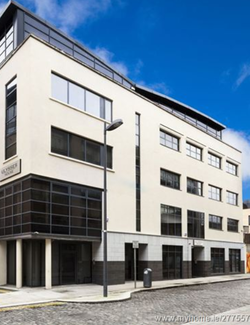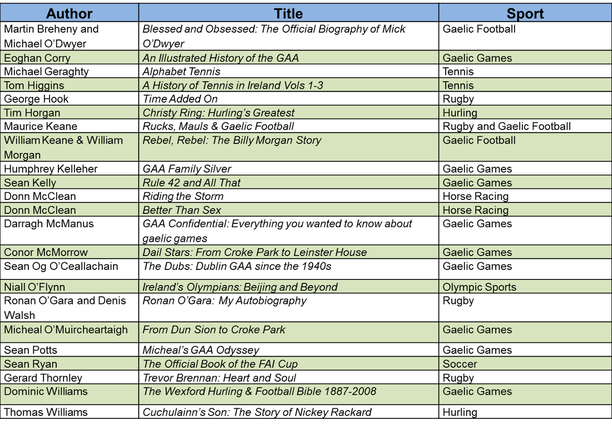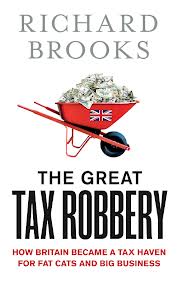I received an email from a UK colleague who took issue with my suggestion that the negative effects of gambling (internalising the external effects) could be achieved by punters paying taxes (especially at a higher rate) on their bets. As I reflected on the points, I realised he was right and that this element of my suggestion could in fact worsen the problem for gambling addicts. As he pointed out, there is a difference between alcohol consumption and betting consumption. An increase in the price of alcohol (through higher excise for example) should reduce the quantity consumed, albeit at a slow rate given alcohol's price inelasticity. For gambling however, the difficulties arise from the total value of money gambled and the difficulties this poses for addicts, so an increase in the price of gambling (by raising a tax levied on punters) would increase the overall value of bets and probably exacerbate the financial difficulties (and ensuing personal and social difficulties) for problem gamblers.
I think this means higher taxes would have to be borne by the bookmakers, and not passed on to punters. My other suggestions, a higher bookmaker-paid betting tax and/or a levy on bookmaker profits would still be beneficial in my opinion where the revenue is directed into education about and support services to those with gambling problems. This would mean ending the situation where revenue from betting taxes are largely invested in the horse racing and bloodstock industries to keep the vicious cycle going. The tax on bookmaker profits may be preferable to a high betting tax since it would be easier to collect and monitor where there is such substantial online gambling.
The conclusion I've drawn is that it would seem very difficult to internalise the external effects of gambling on an individual basis - and this makes sense when one considers that gambling addicts impose costs largely on themselves (and families) through their behaviour. This would mean the societal costs would need to be internalised in the aggregate.
There are two other initiatives that should also be mentioned.
My correspondent made the very useful suggestion that a reliable national estimate of the prevalence of problem gambling and gambling addiction would be very beneficial in Ireland to inform policy and I agree.
I think also as part of the policy measures to address the problems of gambling there should be a ban on advertising and sponsorship by bookmakers, similar to that in place for tobacco companies and to a limited degree for alcohol.




 RSS Feed
RSS Feed